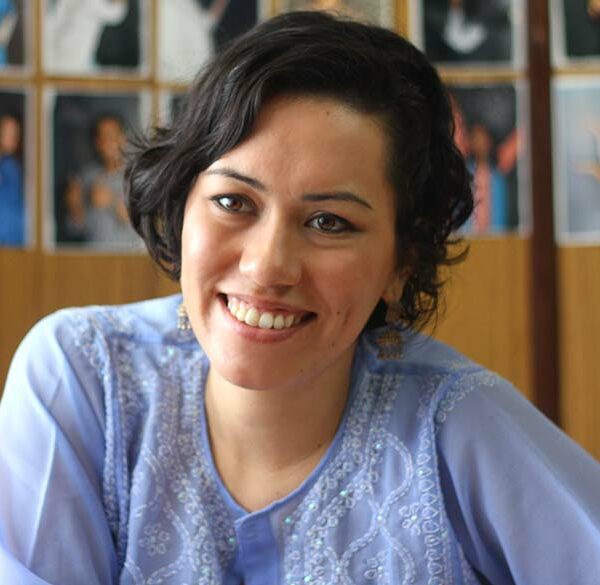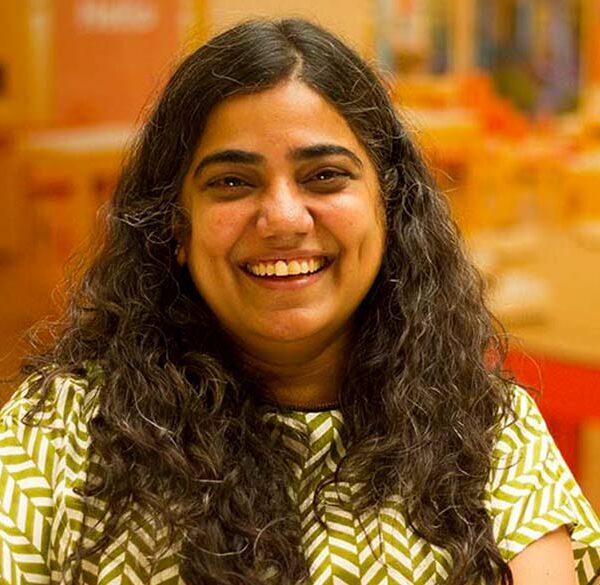Meet Mary Ellen Matsui, Executive Director, ATMA.org. in an exclusive interview with Feministaa. Atma is a…
Read More →

Meet Mary Ellen Matsui, Executive Director, ATMA.org. in an exclusive interview with Feministaa. Atma is a…
Read More →
When you have an idea there will be a 100 people saying, “It won’t work…
Read More →
It was around 2 years ago when Manisha Raisinghani decided to quit her high paying…
Read More →
Nidhisha Varshney was working with by Vishesh Goel and Lalit Singh at Ernst and Young.…
Read More →
Vismaya Bakshi was a passionate diver and today, she owns and operates with her husband,…
Read More →
Entrepreneurship has no clear boundaries in the world of Social Media. From Facebook to Instagram…
Read More →
Kavita Nair joined as the first female product manager at Vodafone. And she has never…
Read More →
Youngest speaker on the TEDx TALK panel across the country, bagged the Award for ‘Youngest…
Read More →
“You are living, you are doing your day to day stuff but in that, if…
Read More →
After a successful career of 10 years in the corporate world, Charu Srivastava decided to…
Read More →
